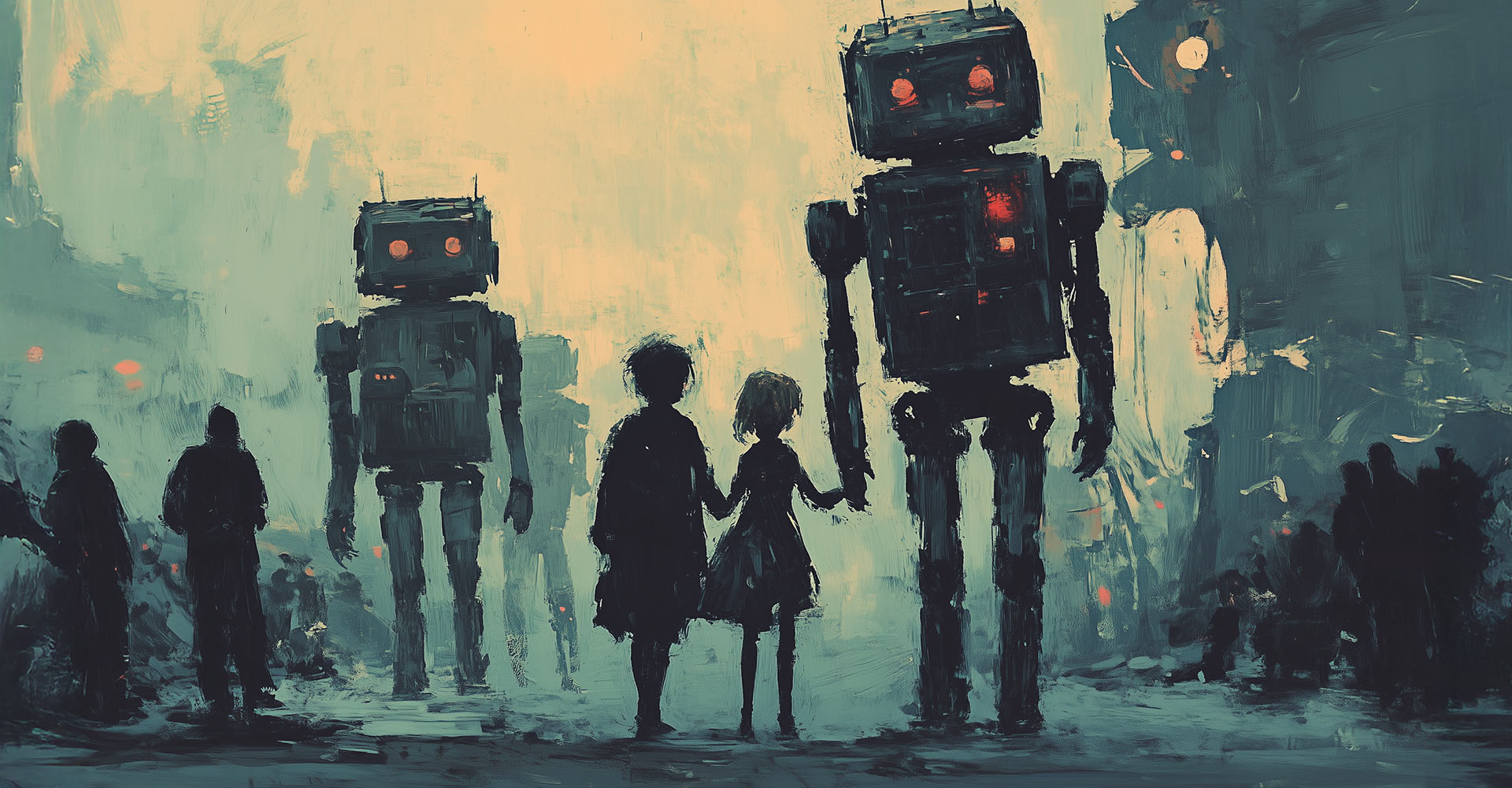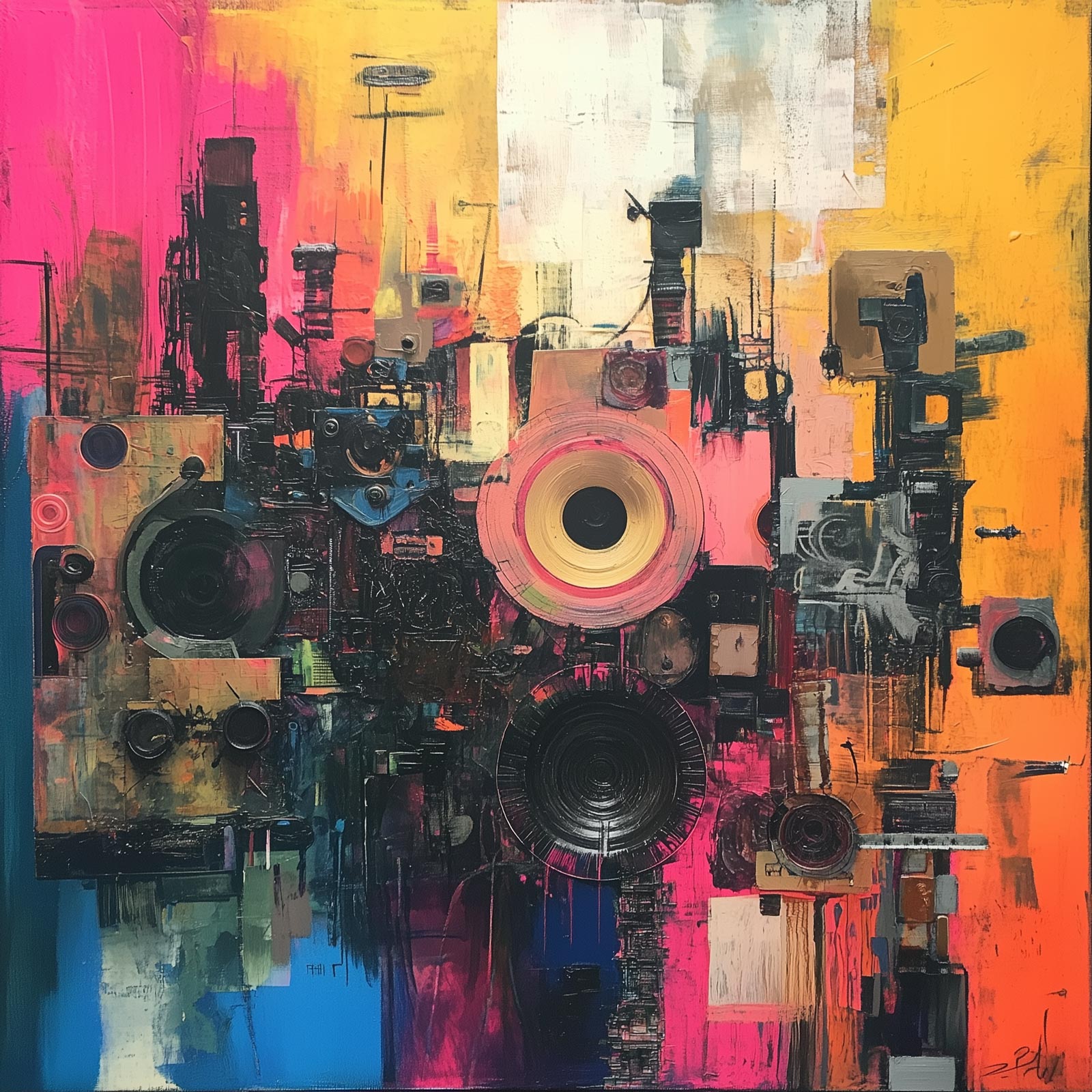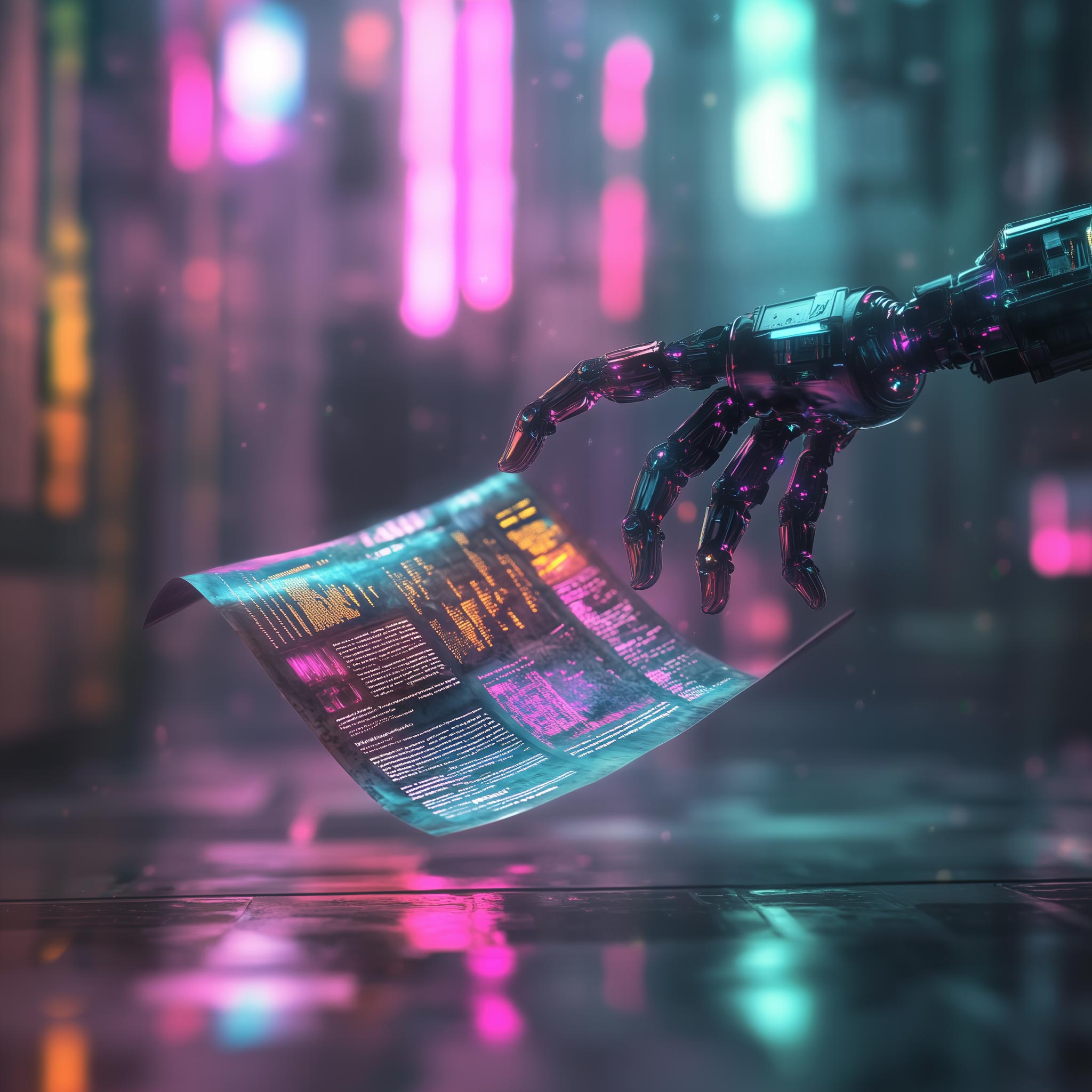A Love-Hate Relationship with Our Digital Overlords
The rise of artificial intelligence (AI) is no longer a plot twist in a sci-fi novel; it’s here, sipping our coffee, reading our emails, and—if you’ve ever interacted with an AI chatbot—possibly making more sense than some human counterparts. AI fundamentally alters how we live, work, and, most intriguingly, how we connect. The question is: are we forging deeper human relationships, or are we outsourcing our emotional needs to algorithms and virtual assistants with eerily soothing voices?
AI and Human Connection: A Digital Cupid or Relationship Saboteur?
AI is revolutionising human connection, offering new ways to communicate, gather information, and even find love. AI-powered tools like chatbots, virtual assistants, and social media algorithms are shaping our interactions in ways we’re still trying to wrap our very human brains around.
On the plus side, AI has made it easier than ever to connect across continents. Grandparents can video call their grandchildren with voice-activated tech, long-distance relationships are kept alive by AI-driven messaging platforms, and dating apps use sophisticated algorithms to find us “the one” (or at least “the one for now”). But let’s not get carried away—this digital fairy tale has a dark side.
The more we rely on AI for communication, the less we engage in good old-fashioned, face-to-face human interaction. Texting is replacing talking, emojis are replacing facial expressions, and let’s not even get started on the phenomenon of ghosting—made all too easy by AI-driven social media feeds that curate our realities to the point where we can pretend people we don’t want to deal with simply don’t exist.
The Great Paradox: AI’s Gift of Connection and the Isolation It Brings
It’s ironic, isn’t it? AI has given us the ability to talk to anyone, anywhere, at any time, yet loneliness is reaching epidemic levels. Digital interactions lack the warmth of a shared bottle of wine (preferably a Bordeaux, if you ask me), the comfort of a heartfelt hug, or the subtle nuances of sarcasm that even the most sophisticated chatbots still struggle with.
Take AI companions, for example—machines designed to provide emotional support. They remember our preferences, never judge us, and always know the right thing to say. But here’s the rub: they aren’t real. They don’t laugh at our terrible jokes, nor do they get frustrated when we forget to take the bins out. Human relationships are messy, unpredictable, and beautifully imperfect. Can we truly call something a “connection” if the other side is just an ultra-refined version of predictive text?
AI and Communication: The Good, The Bad, and the Algorithmic
AI-powered tools like Google Translate and real-time transcription services are breaking down language barriers, making global collaboration easier than ever. Need to talk to someone in Japan? AI’s got your back. Want to transcribe a meeting so you can pretend you were paying attention? No problem. AI is turning language into a non-issue, making communication seamless.
Yet, there’s a creeping downside. The more we lean on AI to communicate for us, the less we flex our own conversational muscles. Have you ever found yourself typing an email only to have AI suggest the exact sentence you were about to write? Are we thinking for ourselves, or is AI training us to talk like the robots we fear?
Love and AI: Will Algorithms Become Our Matchmakers?
Online dating used to be a roll of the dice; now, AI-powered apps promise scientifically curated compatibility. The result? Love at first algorithm. These digital cupids analyse our preferences, interests, and swiping patterns to find us the perfect partner. But is AI truly helping us find meaningful relationships, or is it trapping us in an echo chamber of our own preferences?
Personalisation is great—until it isn’t. AI’s habit of feeding us more of what we like can create dating “filter bubbles” that limit our exposure to people who challenge our perspectives. There’s something to be said for the magic of serendipity, for the kind of encounters that no machine could ever predict. After all, some of the greatest love stories began with someone spilling coffee on a stranger, not with a software update.
The Ethics of AI in Human Relationships: Friend or Foe?
There’s a fine line between AI as a helpful assistant and AI as an all-knowing, privacy-invading presence. The fact that AI collects and processes vast amounts of personal data raises serious ethical concerns. Are we comfortable with an AI that knows our deepest insecurities, our guilty pleasures, and how often we order takeaway at 2 AM? (For the record, that’s classified information.)
And what about the risk of emotional atrophy? If AI is always there to provide the right response, the perfect compliment, or the ideal solution, do we risk losing our ability to handle conflict, disappointment, and the unpredictability of real relationships?
Finding Balance: Using AI Without Losing Ourselves
AI is here to stay, and it’s up to us to decide how we use it. Do we let it enhance our connections or replace them? The key lies in balance—using AI to improve communication without allowing it to replace genuine human interaction.
Maybe it’s about putting the phone down at dinner. Maybe it’s about resisting the urge to let AI autocomplete every sentence we write. Maybe it’s about remembering that, no matter how advanced AI becomes, nothing can replace the warmth of a real conversation, the shared laughter over a bad joke, or the irreplaceable comfort of being with someone who truly understands you—without the help of an algorithm.
As we navigate the intelligence age, let’s not forget what makes us human. AI can do many things, but it will never replace the magic of human connection. Well, at least not until it learns sarcasm. Then we might be in trouble.



